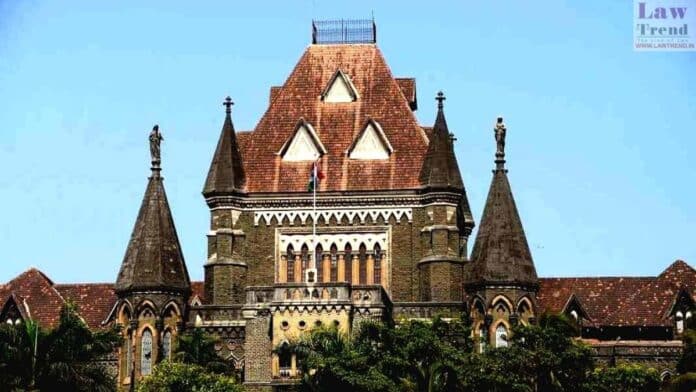The Bombay High Court has granted bail to a 44-year-old man who was arrested in 2018 on charges of being a member of the right-wing group Sanathan Sanstha and for allegedly making crude bombs that were to be used to target the Sunburn festival in Pune.
A division bench of Justices Revati Mohite-Dere and Gauri Godse on September 20 granted bail to Vaibhav Raut noting that he had been incarcerated for over five years now and the trial in the case is not likely to conclude soon. The order was made available on Friday.
The bench also opined that the prosecution case against Raut that he had prepared bombs was not corroborated. It also took note of the fact that the godown from where the bombs were recovered was not owned by Raut.
The bench while relying on an earlier order (granting bail to a co-accused) noted that Sanathan Sanstha was not an organisation that was banned or declared as a terrorist outfit by the Centre.
Raut was arrested in 2018 by the Maharashtra Anti Terrorism Squad (ATS) under various provisions of the Unlawful Activities Prevention Act, Indian Penal Code and the Explosives Substances Act after crude bombs were allegedly recovered from a godown in Nalasopara, on Mumbai’s outskirts.
In his bail plea, Raut’s advocate Sana Raees Khan argued that three other accused in the case have been already granted bail. Khan argued that even the godown from where the crude bombs were recovered was owned by someone else and not Raut.
The prosecution’s allegation is that Raut and the other accused were members of the right-wing group Sanathan Sanstha, the objective of which was to form a Hindu Rashtra’, by secretly forming a terrorist gang in Maharashtra and adjoining states.
Also Read
It alleged that the accused persons collected and prepared crude bombs that were to be used at the Sunburn festival in Pune and stored the explosives in Raut’s residence and godown.
The bench in its order said Raut did not own either the residence or the godown from where the bombs were allegedly recovered.
“It is pertinent to note that the minimum sentence that can be awarded under the provisions of the UAPA is 5 years and the same can extend up to life imprisonment. The appellant (Raut) is in custody and had been incarcerated for the last 5 years,” HC said.
It added that the trial in the case is also not likely to conclude in the near future.
Raut approached HC in January this year after a special court rejected his bail plea in December 2022.




